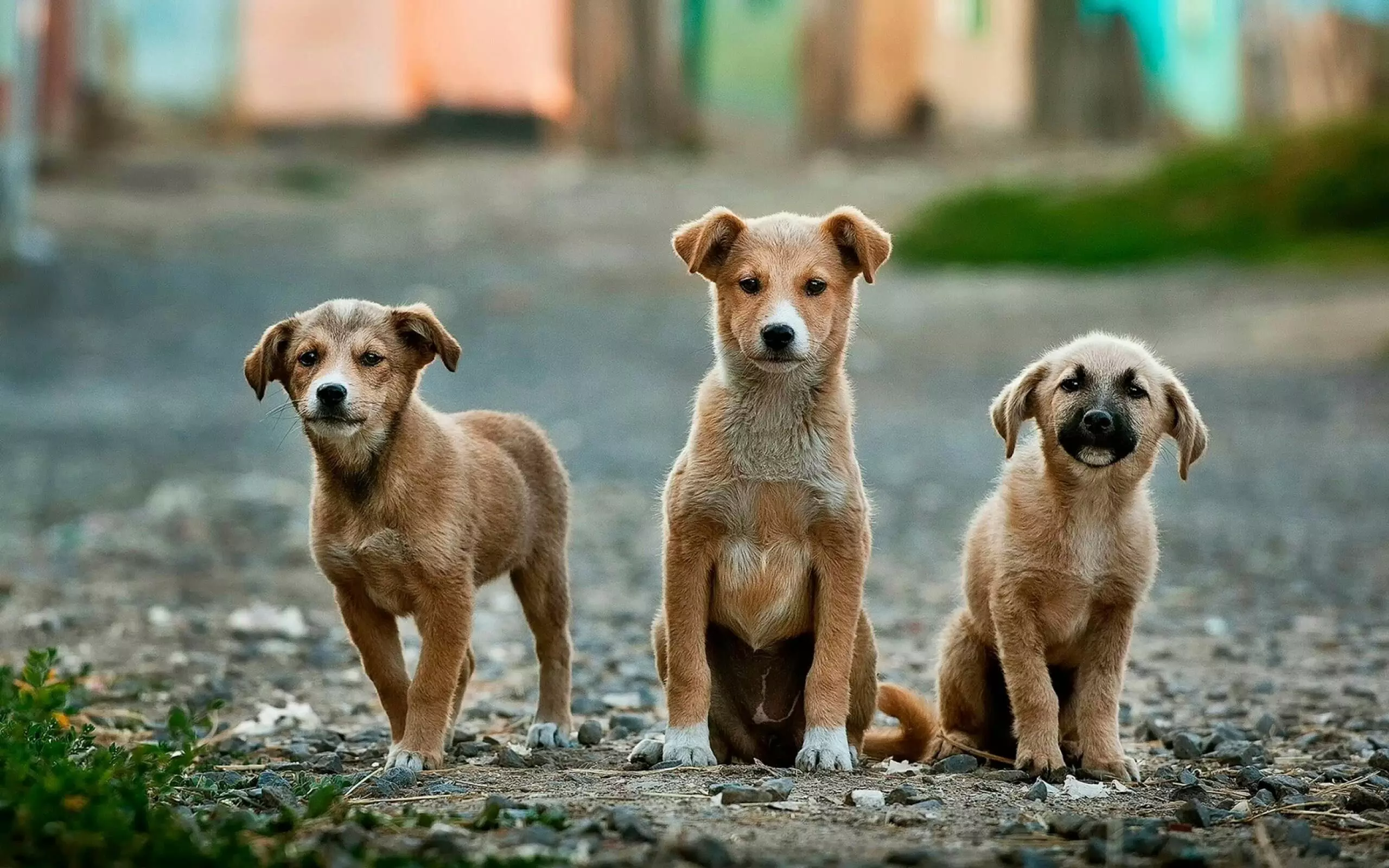Necessary Retreat

The great man who played a vital role in laying the foundations of this great country, once said: “The greatness of a nation and its moral progress can be judged by the way its animals are treated.” It was Mahatma Gandhi, if a guesswork was needed at all! We are living today in an age of rights-based society—human aspirations and actions are driven by (and also bound by) the notion to hold rights as a non-negotiable tenet of existence, and the level of dignity that defines it. Only humans with poor moral compass and narrow intelligence would disagree on extending the rights framework to most of the living beings, including animals. The August 11 order of the Supreme Court to permanently remove stray dogs from Delhi’s streets—in deviation from the Animal Birth Control (ABC) rules—was seemingly making the time needles rotate anti-clockwise. Facing due backlash from animal rights activists and other sections of society, the apex court, well in time, has decided to rework its verdict. The decision to modify the August 11 directive acknowledges both the impracticality and inhumanity of that order. By reaffirming the Animal Birth Control (ABC) rules and mandating sterilisation, vaccination, and release of strays back into their localities—except in cases of rabies infection or aggressive behaviour—the Court has rightly sought to correct an overreach that had sparked widespread outrage.
The August 11 order had divided Indian society, and so will its fresh modification. However, it must be noted here that people were, and are, not divided on the question of animal rights. Those in favour of the August 11 order saw the exercise of animal rights in the particular case as an antithesis to public safety. This should not necessarily be the case. It is the duty of the administration to safeguard the public while not infringing upon animal rights. This path may not be as convenient as the one which involves permanently removing stray dogs (as it requires administrative ingenuity and a fair amount of investment) but is more humane, rational, and necessary. The ABC rules—sterilisation, vaccination, and return to the same locality—remain globally recognised as the only sustainable and humane method of controlling stray dog populations. By returning to this framework, the Supreme Court has embraced a course correction rooted in scientific evidence and practical wisdom. What the Supreme Court has done to allay the apprehensions of those concerned with public safety, is that it has issued strict directives around vaccination and sterilisation, and maintained that dogs still found aggressive should not be released on streets. The significance of this verdict can also be understood against the fact that the August 11 order was unlikely to achieve its stated goals. Studies show that mass sheltering of strays rarely curbs population growth or reduces conflict with humans. On the contrary, poorly managed shelters risk becoming overcrowded, disease-ridden death traps.
What stands out most in this judgment is its expansion of scope. By centralising all stray-dog related petitions from high courts and calling for state governments and Union Territories to submit inputs, the Court has signalled its intent to lay down a pan-India policy. This is a welcome move. The challenges posed by strays—public health risks, animal welfare concerns, and civic governance failures—are not unique to Delhi-NCR. A fragmented, state-by-state approach has led to uneven enforcement of ABC rules. A uniform national framework, monitored and periodically audited by the judiciary, could bring much-needed coherence to an issue that is at once local and national. The August 11 order has been modified for better, but the broader problem remains unsolved. Without sustained and verifiable implementation of the court’s order, Delhi-NCR risks a repeat of the status quo.



